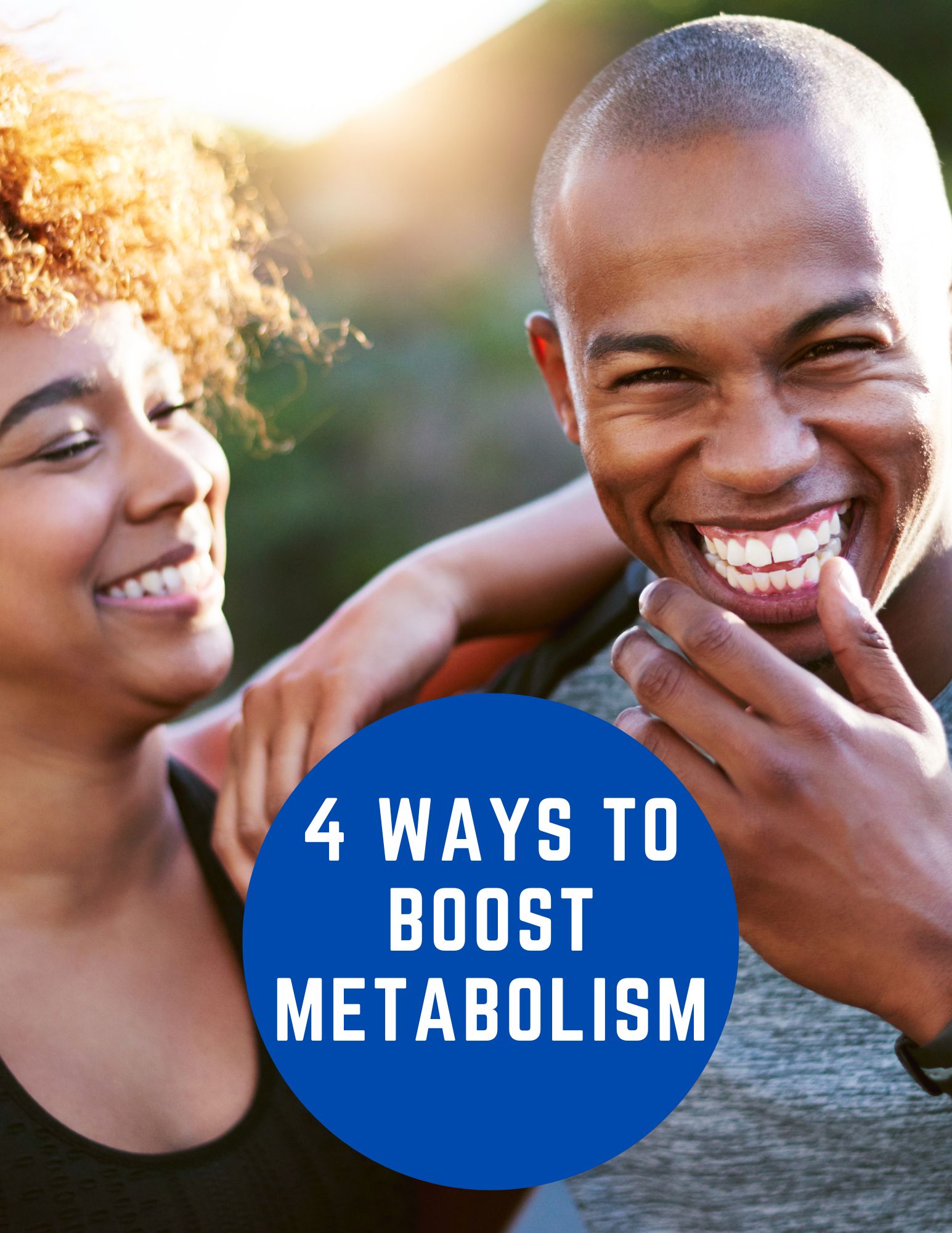Polycystic ovary syndrome, or PCOS, is caused by a hormone imbalance. It can lead to associated health problems, including diabetes, high blood pressure, heart disease, and infertility. Treatment with vitamin-like substances called inositols has shown some promising results.
Read on to learn more about inositol supplements and how they may help people with PCOS control blood sugar and increase their chances of becoming pregnant.
What is Inositol?
Inositol is a sugar that’s naturally made by the body. It is often referred to as “B vitamin“, but it’s not technically a vitamin (this is because the human body produces it from glucose). It helps balance blood sugars by affecting insulin, regulating metabolism, boosting fertility through improving ovulation, and improving other metabolic effects in the body.
There are nine different forms of Inositol, but only two are essential for PCOS specifically. The available clinical data suggest that MI, DCI, and their combination in the physiological ratio of 40:1 with or without other compounds could be beneficial for improving metabolic, hormonal, and reproductive aspects of PCOS.
Humans get almost all of their Inositol from their diet from myo-inositol, mainly from fruits, seeds, and nuts. The human body converts myo-inositol to d-chiro-inositol using an enzyme called epimerase, which is regulated by insulin. In healthy individuals, myo-inositol and d-chiro-inositol are found in different ratios throughout the body. In the ovaries, the ratio is 100:1, whereas everywhere else (muscles, liver), it is more like 40:1.
How Does Inositol Help PCOS?
Fertility
In the ovaries, insulin signaling causes d-chiro-inositol to increase testosterone levels in response to insulin. Hence why you should not take D-chiro alone.
On the other hand, myo-inositol in the ovaries responds to Follicle Stimulating Hormone (FSH), a hormonal signal essential for proper egg development, release, and fertility. FSH causes myo-inositol to improve the growth and maturation of the cells that become mature follicles (eggs). Myo-inositol also helps to regulate a hormone called AMH, which further enhances egg maturation. For this reason, myo-inositol levels are much higher in the ovaries compared to DCI.
If you become pregnant, it can also help lower your risk of gestational diabetes.
Regulates Cycles
Research indicates 70% of women with PCOS will begin to have regular cycles with myo-inositol.
Lowers Insulin Resistance
Insulin resistance causes cells to become unresponsive to insulin, stimulating the body to release more and more insulin (hyperinsulinemia).
The main driver of PCOS symptoms is insulin resistance, around 80% of women with PCOS have this.
The thought is that Inositol helps the cells in the body take up glucose more effectively, lowering their resistance to insulin.
Inositol will lower your lifetime risk of developing diabetes and heart disease. And it can lower your risk of sleep apnea.
Lowers Androgen Levels
The ovaries also become sensitive to insulin (because they are so different from the rest of the body). They are being hyper-stimulated by all the excess insulin in the body, which causes the unwanted effects of PCOS (high testosterone, anovulation, infertility).
Insulin causes this response in the ovaries by activating the epimerase enzyme, which converts myo-inositol to d-chiro-inositol. High levels of myo-inositol are required for healthy ovulation. Still, an over-active epimerase enzyme converts all the myo-inositol to d-chiro-inositol, stimulating the ovaries to produce testosterone. A healthy ovary will have a myo- to d-chiro- a ratio of 100:1, but in women, with PCOS, this can be as low as 0.2:1 [source]!
Unfortunately, the excess testosterone produced makes the symptoms of PCOS even worse, which makes insulin resistance even worse, which causes the body to produce more insulin, creating an even stronger negative response in the ovaries.
How do I get Inositol?
Inositols From Food
You can get inositols by eating healthy foods such as:
- Fruits: Cantaloupe, grapefruit, and other citrus fruits
- Beans: Lima, navy
- Grains: Brown rice, whole wheat
- Nuts: Almonds, walnuts
Inositol From Supplements
Most supplements are in powder form, but you can find capsules as well. It is easily dissolved in almost any liquid and is tasteless.
The most evidence shows that limiting daily intake to approximately 4 g per day, split into two doses of 2 g, has the best effects. Taking more will not improve the benefits and may have unwanted side effects, as well as just wasting money. For the best effects, try to take your Inositol when fasting (e.g., before you eat anything in the morning) or a few hours after eating. High blood sugar, which is the case after eating, seems to prevent the Inositol from being absorbed properly.
How long does it take for inositol to work for PCOS?
In one study, researchers measured the effects of inositol supplementation on hormonal parameters for PCOS patients. After 12 weeks of inositol supplementation, LH, and testosterone levels were reduced significantly, and the ratio of LH to FSH improved.
Can I take Inositol with Metformin?
Metformin is one of the most commonly used treatments for PCOS and is considered a first-line treatment for those women with insulin resistance. Like Inositol, metformin is also used to increase insulin sensitivity. Many studies have compared the use of Inositol and metformin for treating PCOS and found that metformin and Inositol have very similar effects on insulin, testosterone, and BMI. But it currently does not replace metformin in mainstream medicine.
You can take metformin and Inositol in combination as long as you watch your blood sugar levels. You may notice you have to decrease your metformin dose. Always inform your doctor of any changes to your medications.
If you have PCOS, ask your healthcare provider if it could benefit you.



